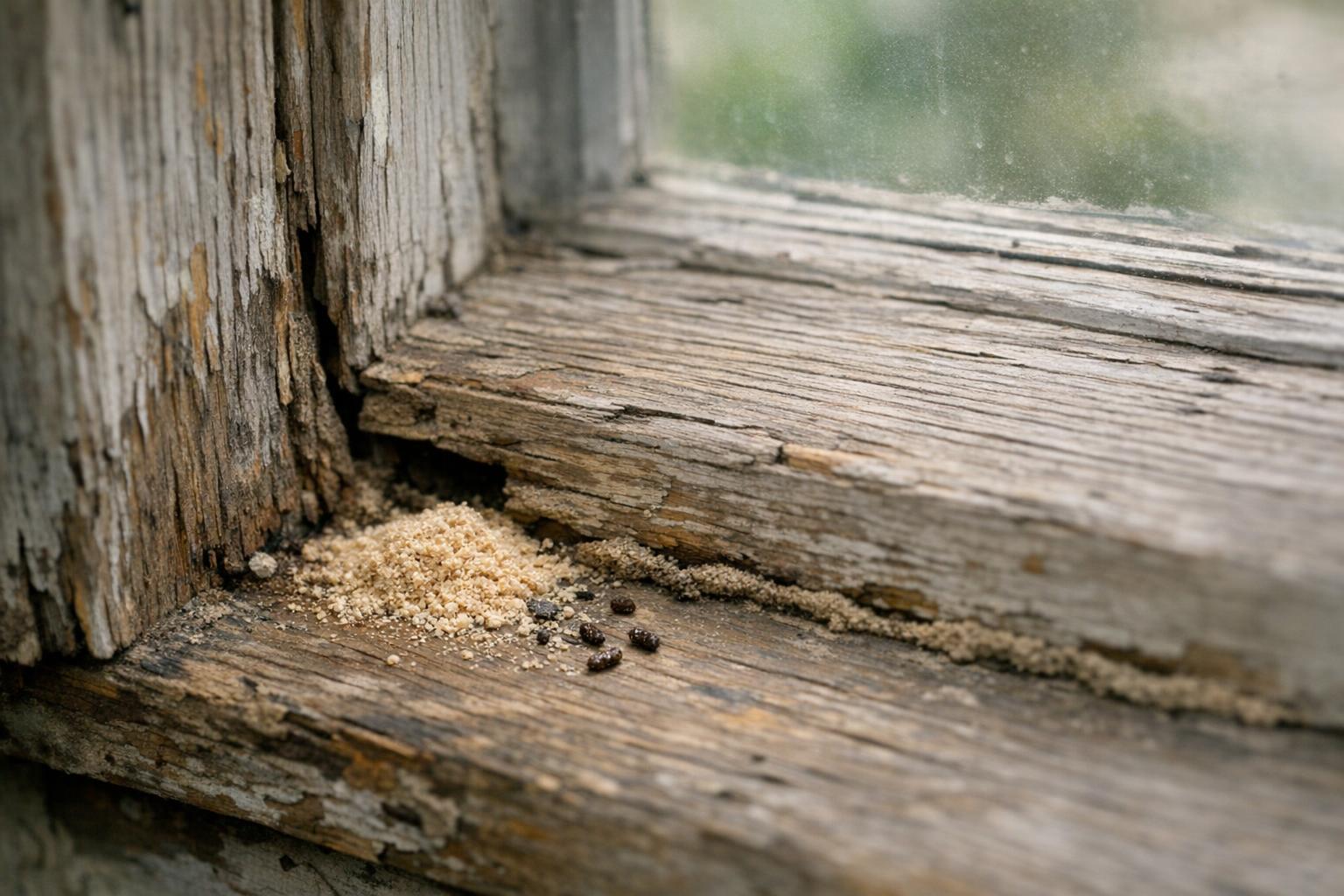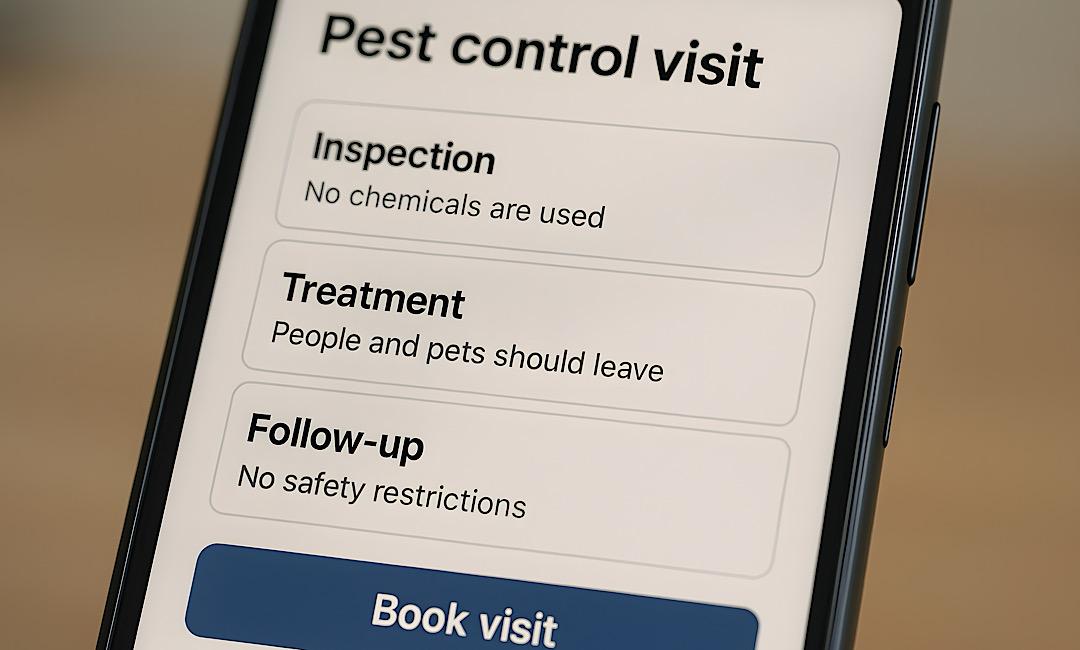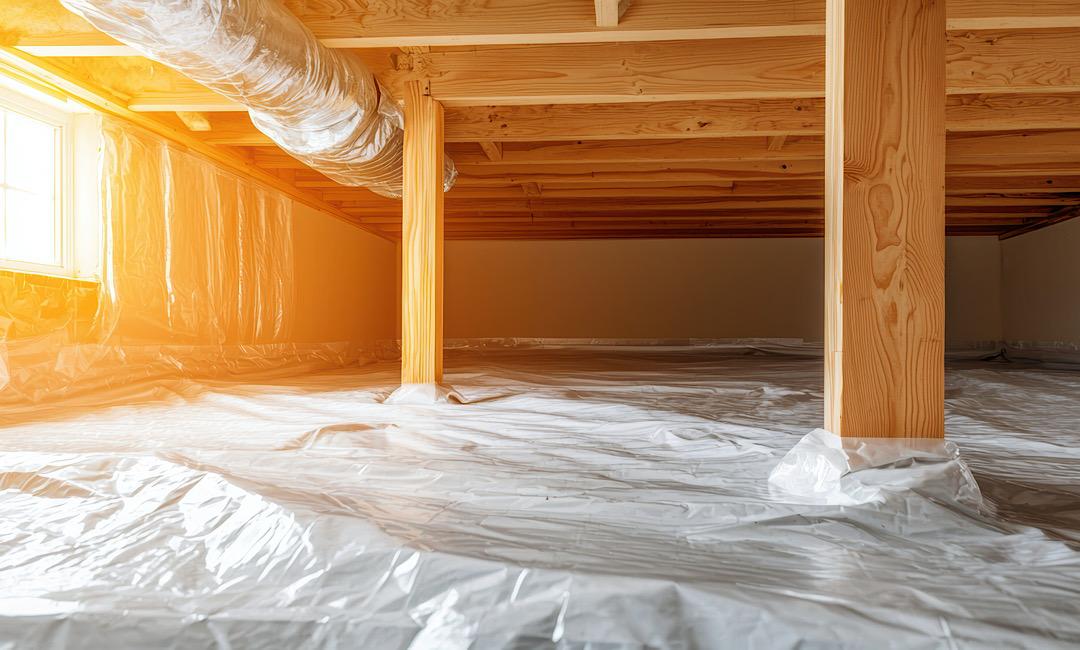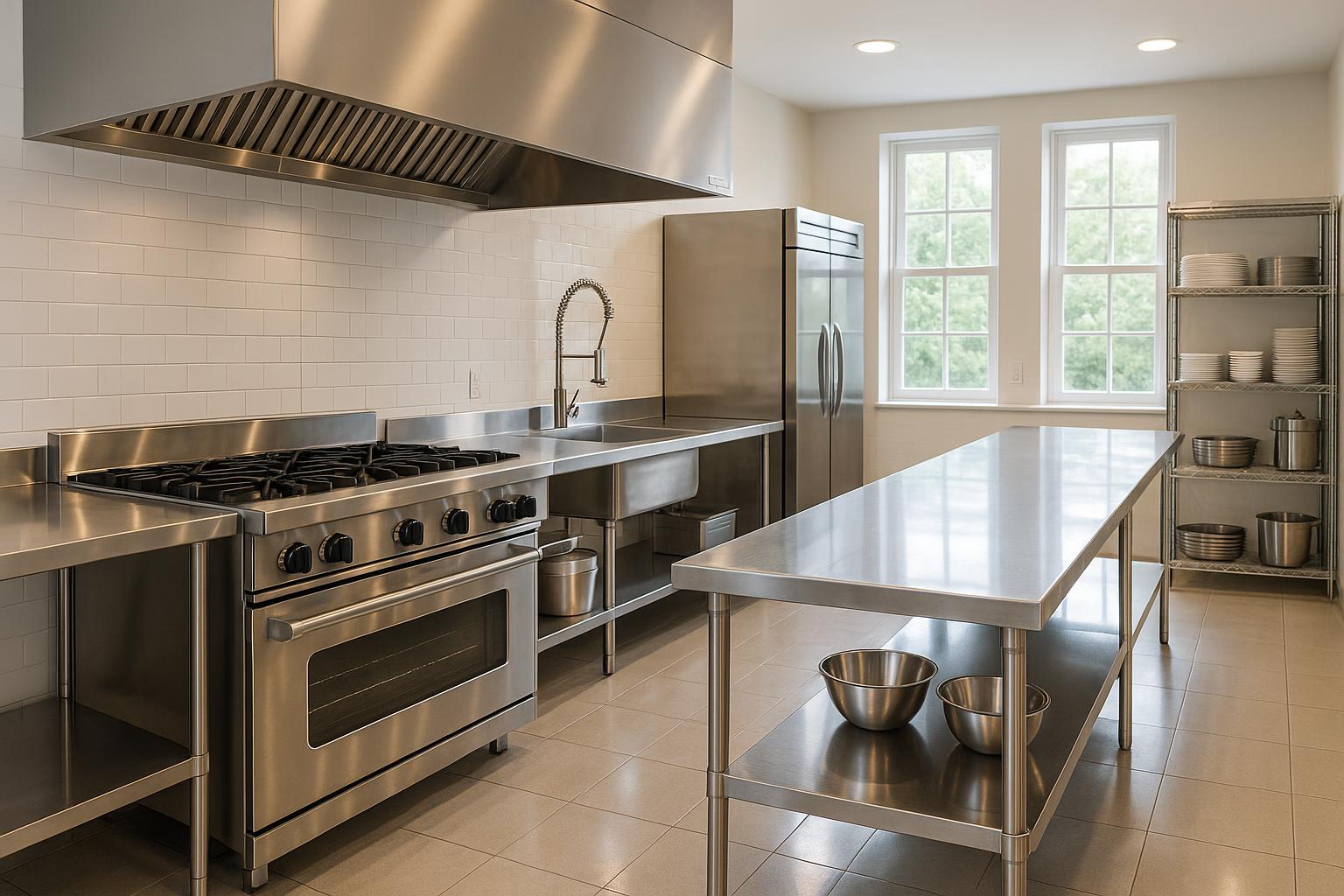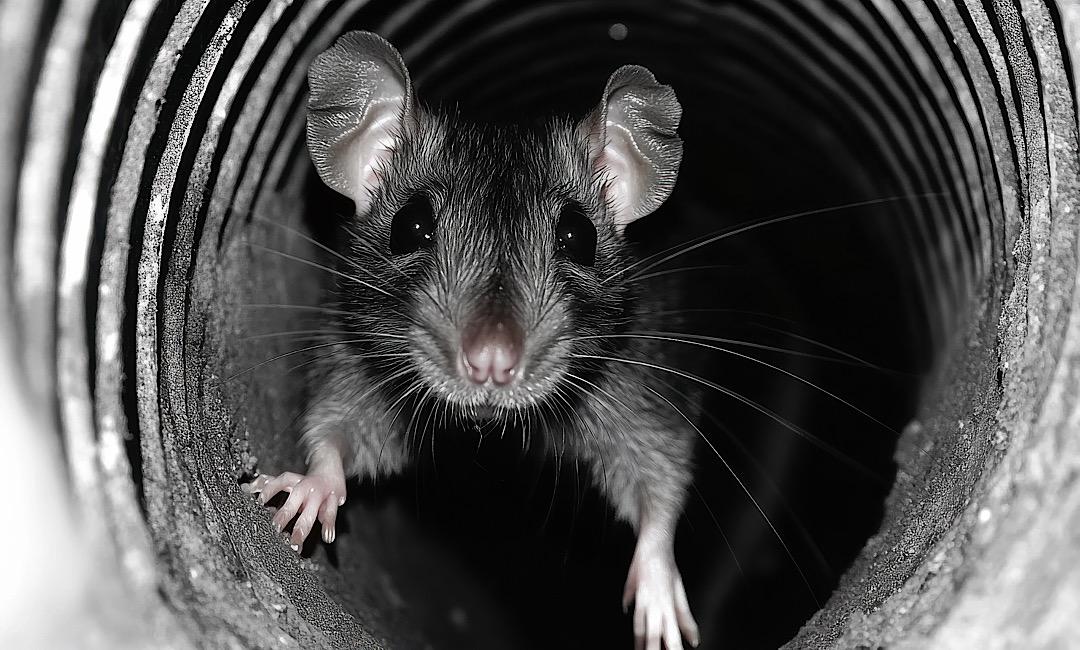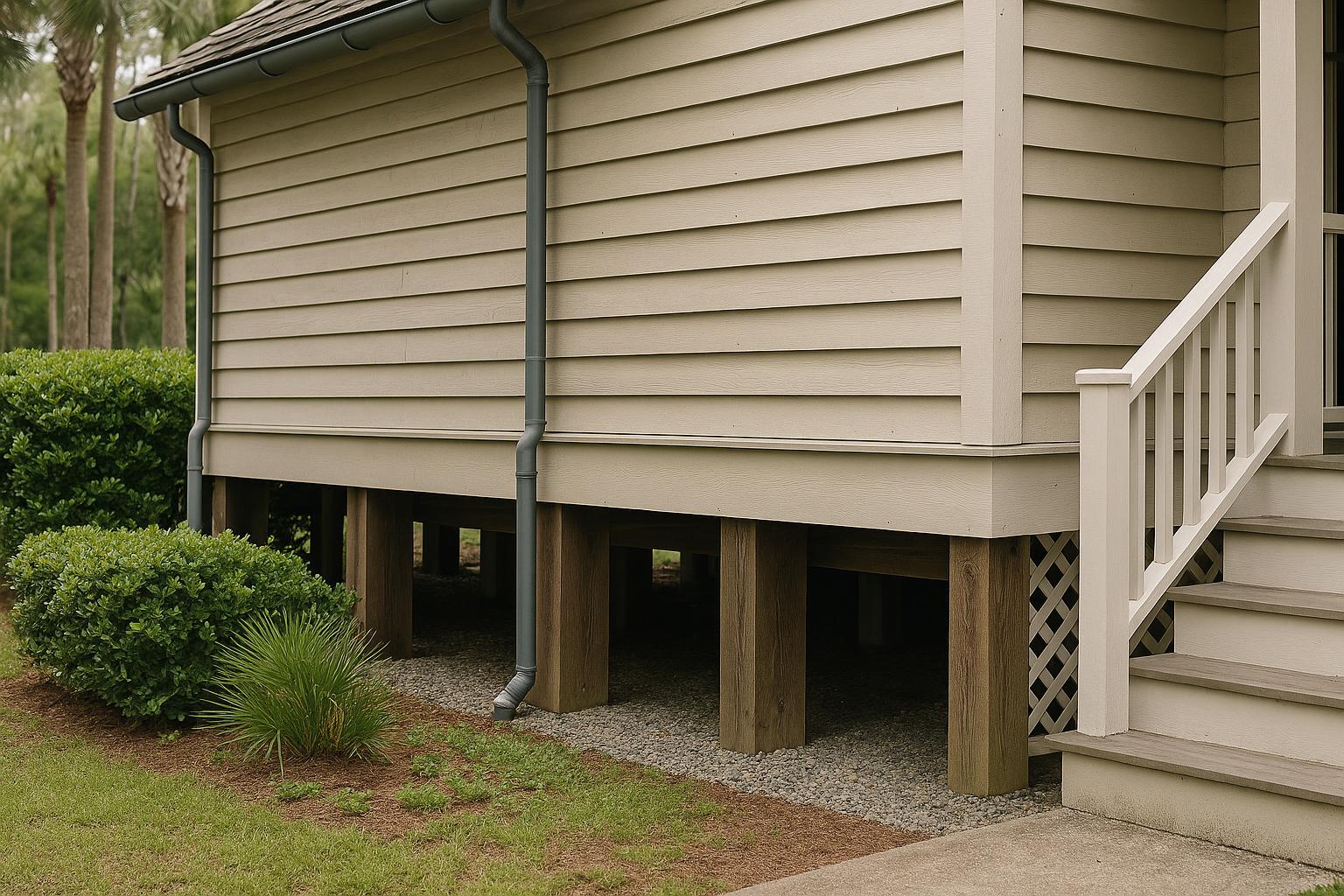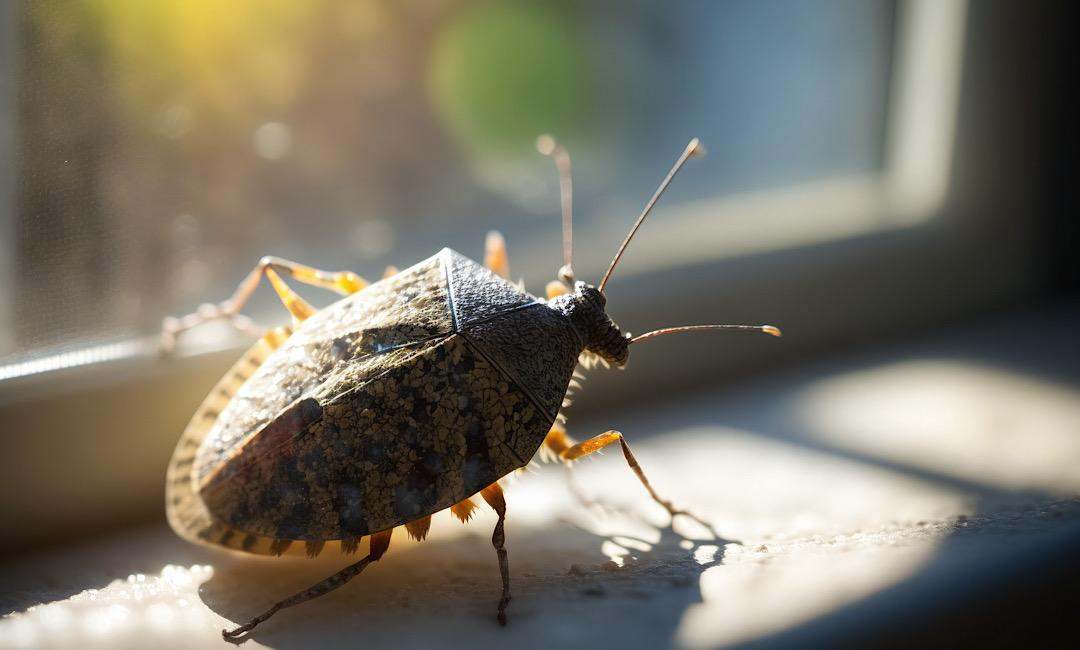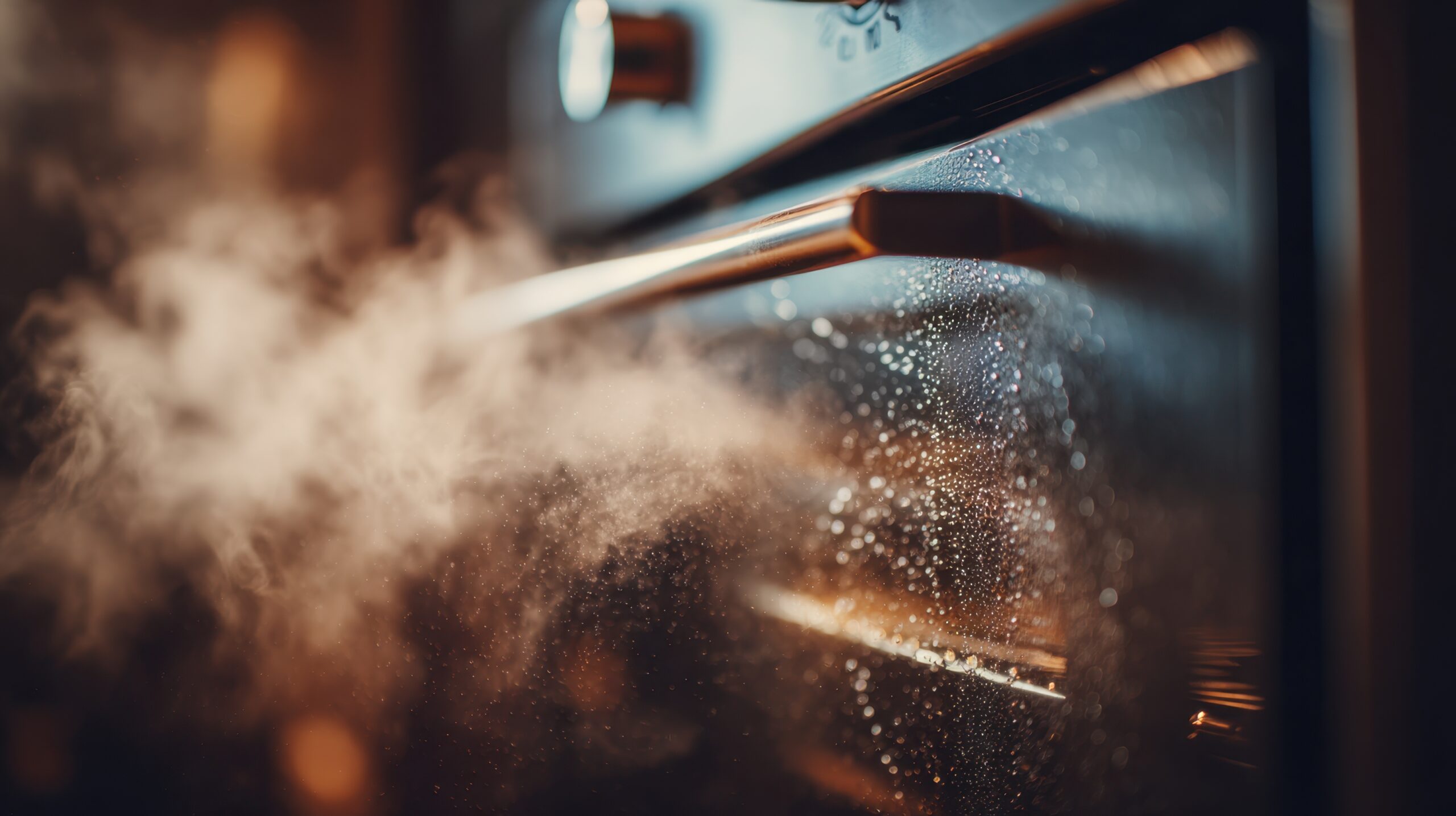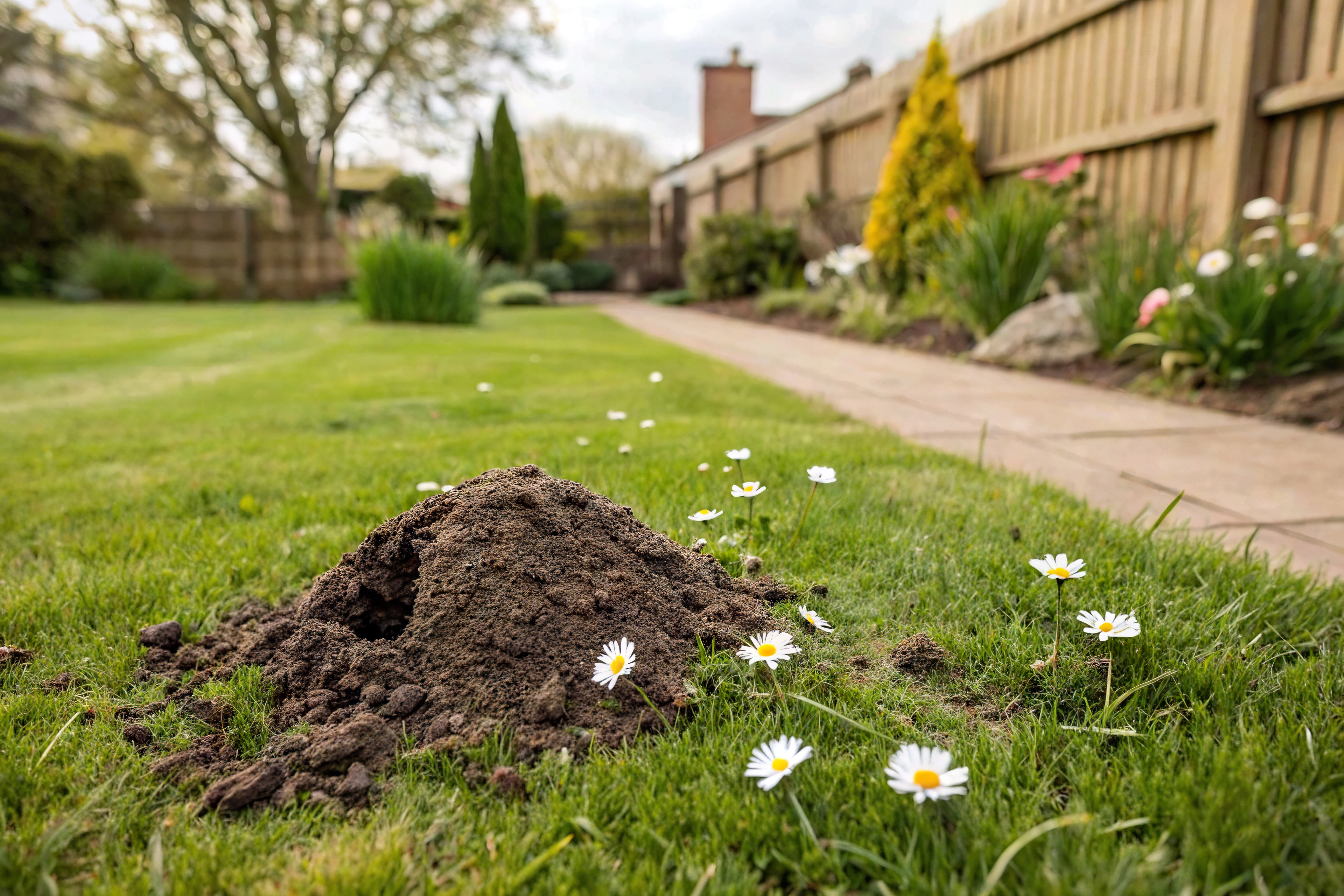Termites pose a significant threat to homeowners in Charleston, SC. The warm, humid climate and abundance of wood structures create an ideal environment for these destructive pests. Termites can cause extensive damage, often going undetected until it’s too late. To protect your home, it’s essential to understand the risks and implement effective prevention and treatment strategies tailored to the unique conditions of Charleston.
Understanding Termite Risks in Charleston
Charleston’s climate is highly conducive to termite activity, particularly for subterranean termites, which are the most common and destructive species in the area. These termites live underground and build mud tubes to access above-ground food sources, including the wooden structures of homes. Subterranean termites can cause severe damage if left unchecked.
Signs of termite activity in Charleston often include the presence of swarmers, or winged termites, which typically emerge in the spring and early summer. Swarmers indicate that a colony is nearby and potentially threatening your home.
Essential Termite Prevention Strategies
Preventing a termite infestation is much more cost-effective than dealing with the aftermath. Here are some key strategies to protect your home from termites in Charleston:
Eliminate Moisture Sources
Termites are drawn to moisture, which they need to survive. Reducing moisture around your home is crucial:
Repair leaks: Fix any leaking pipes, faucets, or air conditioning units, and ensure gutters and downspouts direct water away from your foundation.
Improve drainage: Ensure your yard has proper drainage to prevent water from pooling near the foundation.
Ventilate crawl spaces: Keep crawl spaces well-ventilated and consider installing a vapor barrier to reduce moisture.
Reduce Wood-to-Ground Contact
Minimizing direct contact between wood and the ground can help prevent termites from gaining easy access to your home:
Elevate wooden structures: Ensure decks, porches, and siding are elevated at least six inches above the ground.
Remove wood debris: Clear away wood debris, such as fallen branches and stumps, that can attract termites.
Use termite-resistant materials: Opt for treated wood, metal, or concrete for structures in contact with the ground.
Regular Inspections and Monitoring
Regularly inspecting your property for signs of termites is essential for early detection:
Professional inspections: Schedule annual inspections with a licensed termite control professional who can spot early signs of termite activity.
DIY checks: Regularly inspect your foundation, basement, and wooden structures for mud tubes, hollow-sounding wood, or discarded wings.
Barrier Treatments and Soil Treatments
Creating a barrier around your home is an effective way to keep termites out:
Soil treatments: A professional can apply termiticides to the soil around your foundation, creating a chemical barrier that repels or kills termites.
Physical barriers: During construction or renovation, consider installing physical barriers like stainless steel mesh or sand barriers to block termites.
Effective Termite Treatment Options
If termites have already infested your home, prompt treatment is essential to minimize damage. Here are some effective treatment options:
Liquid Termiticides
Liquid termiticides are applied to the soil around your home, creating a barrier that kills termites:
Non-repellent termiticides: These allow termites to carry the termiticide back to the colony, effectively eliminating it.
Repellent termiticides: These create a barrier that termites avoid, keeping them away from your home.
Bait Systems
Termite bait systems involve placing bait stations around your home:
Bait stations: These contain a slow-acting insecticide that termites consume and share with the colony, eventually eliminating it.
Advantages: Bait systems are less invasive than liquid treatments and can be used in areas where soil treatments aren’t practical.
Wood Treatments
Direct treatments can be applied to infested wood to kill termites:
Surface treatments: Applied to wood surfaces to protect against termites.
Injected treatments: Injected into infested wood to kill termites inside the structure.
Protecting your home from termites in Charleston requires a proactive approach. Regular inspections, moisture control, and proper maintenance are key to preventing infestations. If you suspect termite activity, it’s crucial to act quickly to prevent extensive damage.
For professional termite control tailored to the unique challenges of Charleston, contact Lowcountry Pest Management today. Our expert team is ready to help you protect your home from termites and ensure long-term peace of mind.


